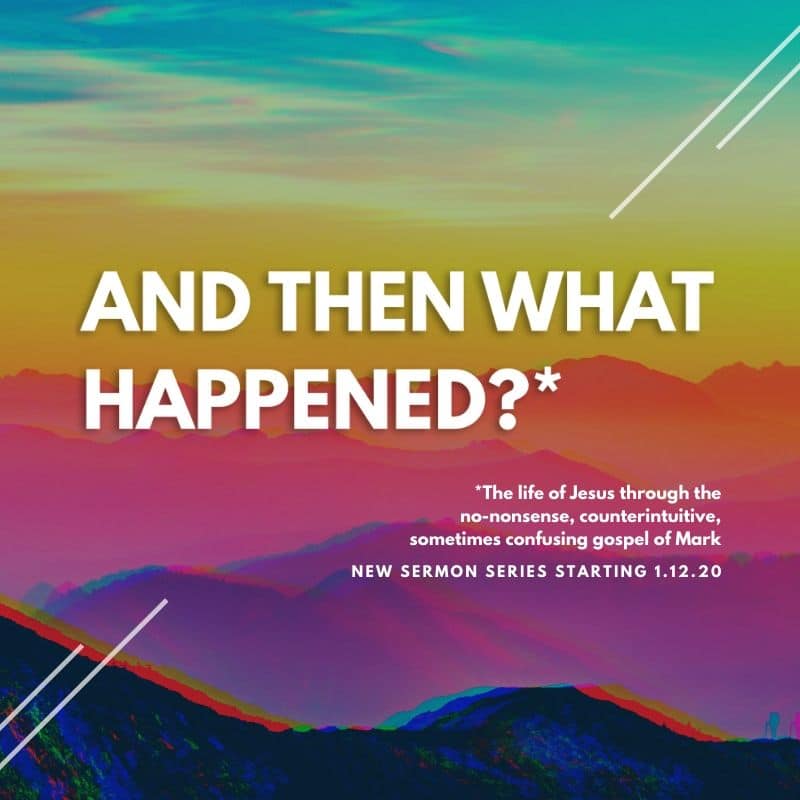Whose Son is the Christ? | Mark 12:35; Psalm 110:1
Grace Hunter2020-03-26T15:02:46-06:00While Jesus was teaching in the temple courts, he asked, “How is it that the teachers of the law say that the Christ is the son of David? David himself, speaking by the Holy [...]


